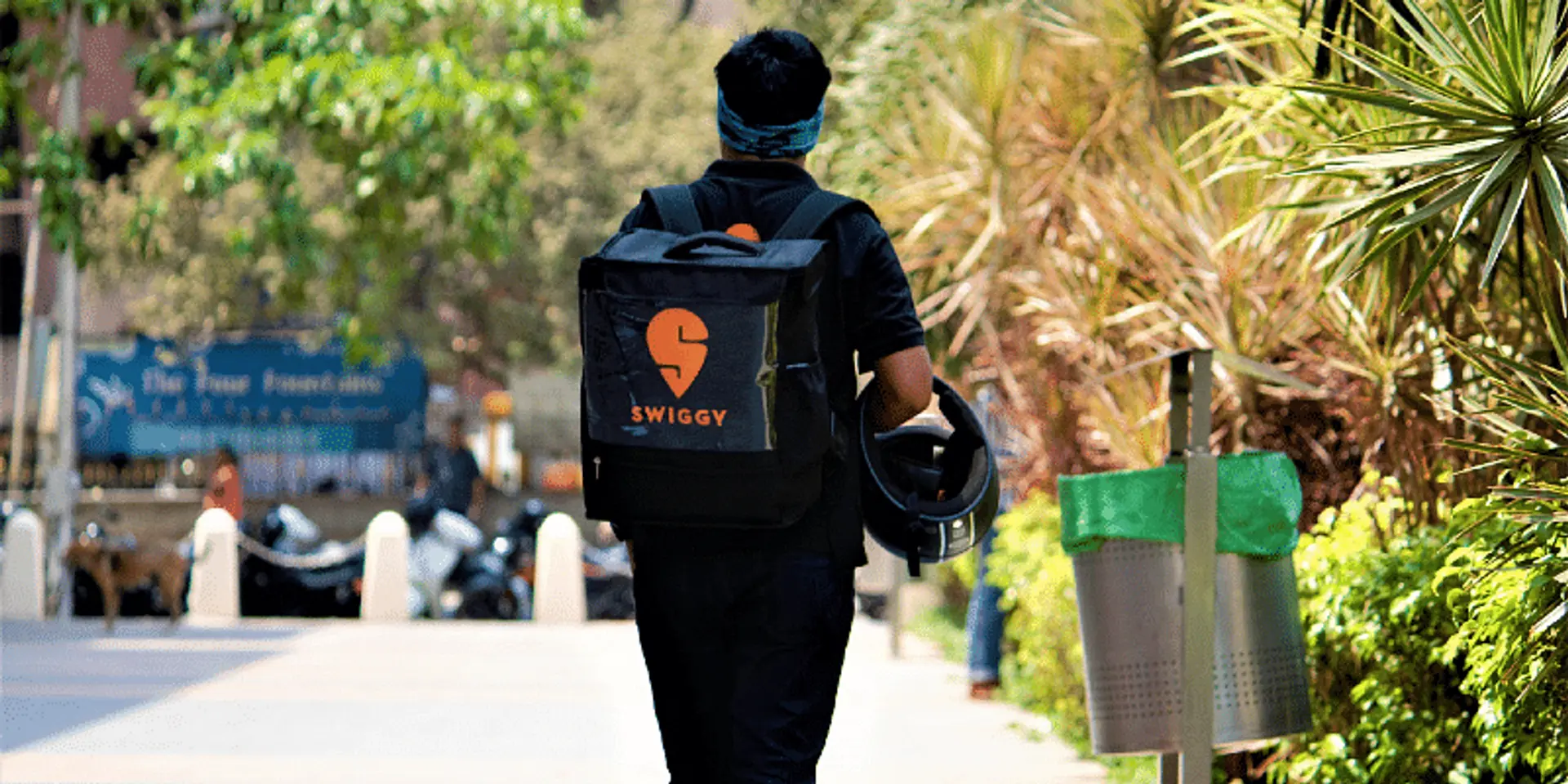Swiggy IPO: Issue gets 3.59 times subscribed buoyed by QIB interest, muted demand from NIIs
Swiggy raised nearly Rs 5,085 crore (about $605 million) from anchor investors, mainly driven by traction from domestic mutual funds.
Sriharsha Majety-led Swiggy on Friday saw its public offer subscribed 3.59 times driven by strong demand from qualified institutional buyers (QIBs).
QIBs oversubscribed 6.02 times by the end of the third day after slow activity during the first two days of book building.
Portions reserved for retail investors were subscribed 1.14 times, while non institutional investors (NIIS) subscribed only 41% of the allocated shares, according to data from the BSE.
Overall, by the end of the bidding process, Swiggy’s IPO received bids for 57.53 crore shares compared to the 16.01 crore shares on offer.
The quick commerce and food delivery giant plans to raise close to Rs 11,700 crore in its IPO at a valuation of around Rs 87,000 crore or about $11.3 billion at the upper price band, set between Rs 371-Rs 390 apiece. It expects to start trading on domestic bourses on Wednesday, November 13.
Swiggy, in its RHP, had said it plans to use the proceeds from the fresh issue to invest in Scootsy, its material subsidiary, as well as to repay the company's debt. Additionally, the funds will support the expansion of its dark store network, along with investments in technology and brand-building efforts.
Earlier in the day, media reports reported that the Competition Commission of India (CCI) has found the food delivery business practices of Swiggy and its listed peer Zomato in violation of competition laws.
The CCI is still reviewing the investigation findings and will soon decide on any penalties or changes to the food delivery companies' business practices. Both companies can challenge the findings.
Edited by Suman Singh








